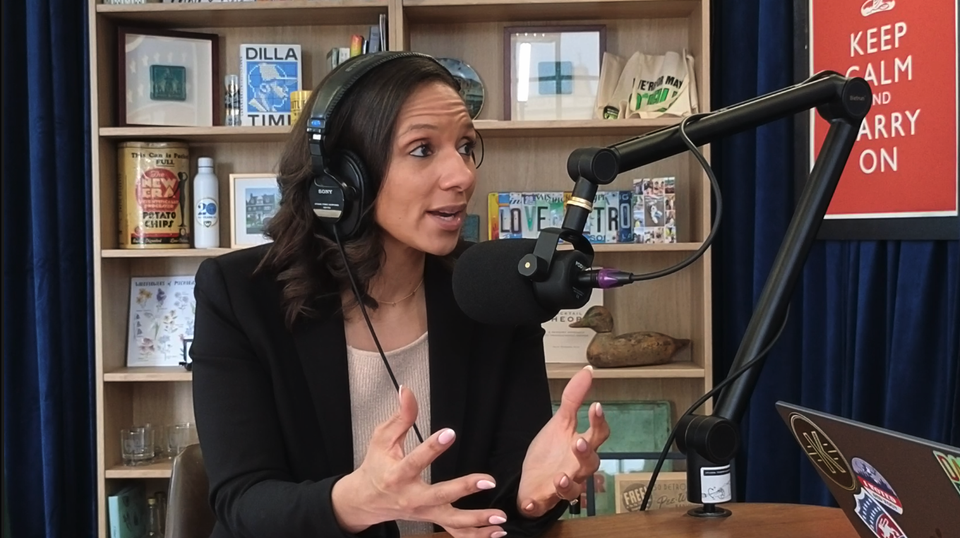In 2008, Michigan voters approved an act that legalized the use of medical marijuana in the state. Since then, more than 96,000 people in the State of Michigan have become registered patients, spawning a massive network of growers and caregivers who cultivate and sell medical marijuana, as well as retail locations who sell it, known as dispensaries.
Since the bill passed the retail marijuana world has operated without much interference from law enforcement, despite the fact that in 2013 a state Supreme Court ruling determined that medical marijuana dispensaries are illegal.
The exact number of dispensaries in the city of Detroit wasn’t known until last week when Loveland Technologies, a Detroit-based digital mapping firm, released a report outlining the name and location of each and every visible medical marijuana dispensary the City of Detroit.

The results revealed that 148 dispensaries are currently operating in the city limits – and there may be more. As noted by the authors, it’s entirely possible that more dispensaries exist but they may not be visible to the naked eye, nor listed for anyone to find.
With growing concerns from some city residents as well as elected officials about the plethora of dispensaries, especially those in close proximities to parks, school, and those in already troubled neighborhoods, the findings prompted City Council member James Tate to propose how to address the rapidly growing dispensary industry.
Thus, on Tuesday the Detroit City Council passed the first ever regulations for the city’s medical marijuana industry.
Approved by a vote of 6-1 (with two council members not present), the new rules set by council will require the shops to obtain a city license or face immediate shut down.
Operators of the shops would also be subject to a police background check, and current operations that feature a drive-through option would be no longer be able to provide that service. The ordinance will also establish an inspection process and prohibit shops from staying open 24 hours a day.
The licensing regulation is one of two new pieces of legislation that councilman James Tate proposed last month to create accountability standards for medical marijuana shops. The other proposal relates to zoning and suggests limits on how close the shops can operate near schools, churches, parks and other dispensaries.
The ordinance passed Tuesday will not go into effect until the zoning regulations are sorted out.
“I encourage you to get in your car and drive to one of these facilities and park and just watch who goes in,” Detroit resident Pam Winestine told a hearing on Thursday. “You’re not going to see too many people using a walker or a wheelchair or a cane. Instead you’re going to see lots of young people 18 to 25 years old who appear to be really happy, really healthy and really interested in getting high.”
Another speaker talked about how Detroit is “not the safest city in the world” and that 8 Mile is a safer place to go than other places. It’s important to note that there are very few medical marijuana dispensaries in the suburbs, so Detroit is a destination for patients.
For the record, the one “No” vote on the new ordinance came from Councilman George Cushingberry Jr. His objections have included making sure there’s access as well as the Detroit Police Department not having enough resources to enforce such regulation.













